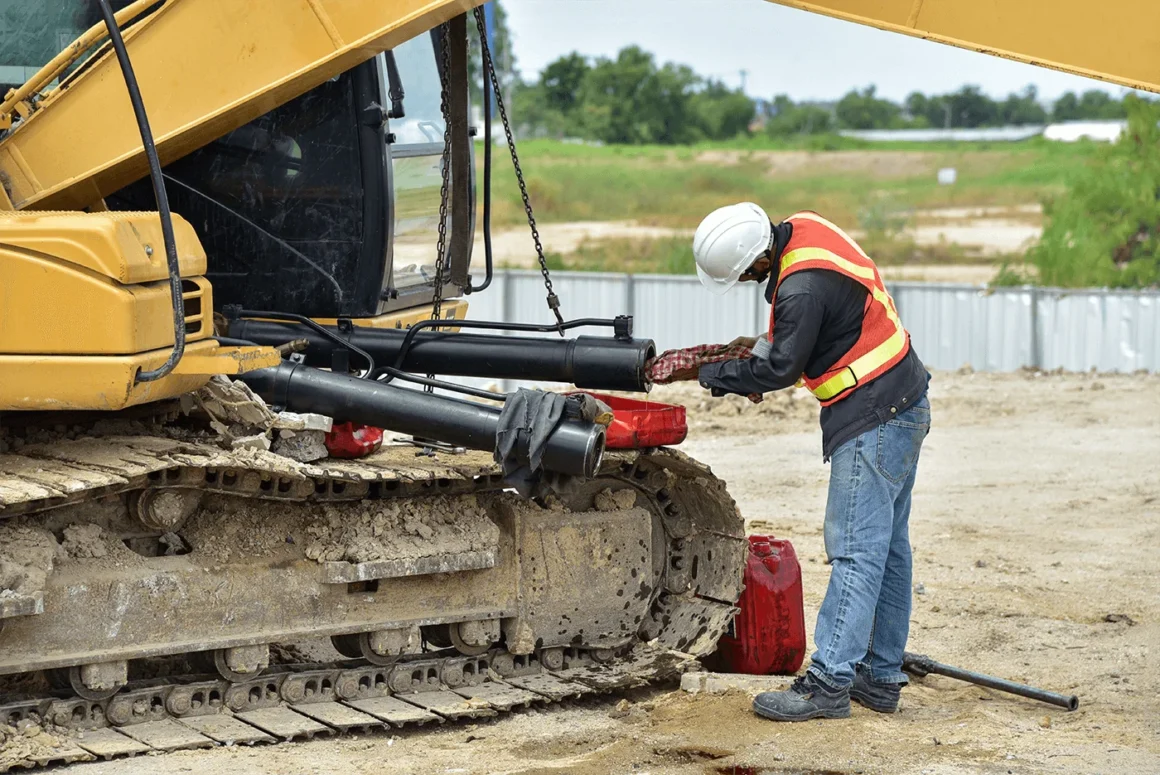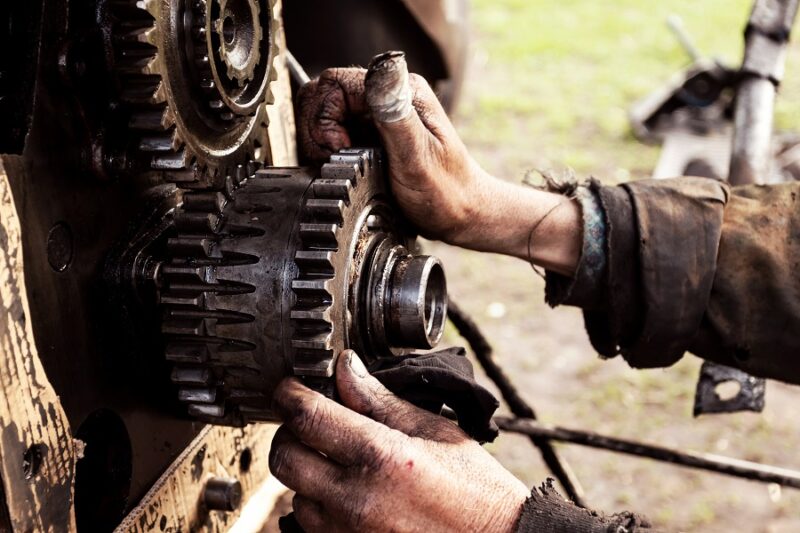Proper maintenance is crucial for any type of machinery to function at its best. In the case of heavy equipment, regular servicing is not only necessary to ensure optimal performance but also to prevent costly breakdowns and repairs. However, determining the frequency of servicing can be a challenge, as it depends on various factors such as the type of it, its age, usage, and operating conditions. In this article, we will discuss the benefits of servicing machinery according to the manufacturer’s recommendations and provide some general guidelines for maintaining it.
Benefits of Regular Servicing

Regular servicing of heavy equipment can bring numerous benefits that directly impact the overall performance and lifespan of the machine. If you are looking for a reliable service provider for your access equipment, CPS lift is a perfect choice. This company provides service/maintenance and repairs on a wide range of access equipment and small machinery.
Here are some of the benefits of the regular servicing:
– Increased reliability: When heavy equipment is serviced according to the manufacturer’s recommendations, its reliability is greatly enhanced. This means that it is less likely to break down, reducing the chances of unplanned downtime and associated costs.
– Improved efficiency: Well-maintained equipment operates at peak efficiency, using less fuel and producing fewer emissions. This translates into cost savings and a smaller environmental impact.
– Longer lifespan: Heavy equipment is a significant investment, and regular servicing can help extend its lifespan. By replacing worn parts, lubricating moving components, and addressing minor issues before they turn into major problems, owners can avoid premature replacement costs.
– Increased resale value: If you plan to sell your equipment in the future, regular servicing can help maintain its value. Buyers are more likely to pay a premium for equipment that has been well-maintained, reducing the depreciation and maximizing your return on investment.
General Guidelines for Heavy Equipment Maintenance

While the manufacturer’s recommendations should always be followed for specific equipment, here are some general guidelines for maintaining heavy machinery:
– Conduct regular inspections: Regular inspections can help identify potential problems before they turn into major issues. Check fluid levels, inspect hoses and belts, and look for signs of wear and tear.
– Replace filters: Filters play a crucial role in maintaining the cleanliness of the equipment’s engine, hydraulic system, and air conditioning. Follow the manufacturer’s recommendations for replacing filters and change them more frequently if the equipment is operating in dusty or dirty environments.
– Lubricate moving parts: Proper lubrication is essential for reducing friction and wear on moving components. Follow the manufacturer’s recommendations for the type and frequency of lubrication, and ensure that the equipment is properly cleaned before applying lubricant.
– Address minor issues promptly: Small problems can quickly turn into major repairs if left unaddressed. Make sure that minor issues such as leaks, unusual noises, or warning lights are addressed promptly to avoid costly downtime.
Conclusion
In summary, regular servicing is essential for maximizing equipment performance and preventing costly breakdowns. By following the manufacturer’s recommendations and adhering to general guidelines for heavy equipment maintenance, owners can increase reliability, improve efficiency, extend the lifespan of their machinery, and maintain its resale value. If you are unsure about the maintenance requirements for your equipment, consult a professional service provider who can help you develop a customized maintenance plan that meets your needs.


